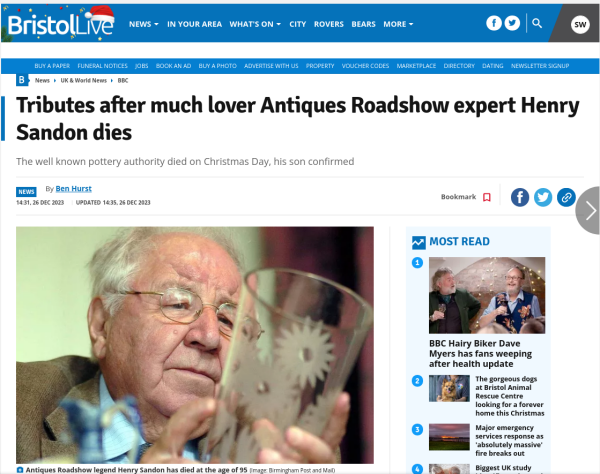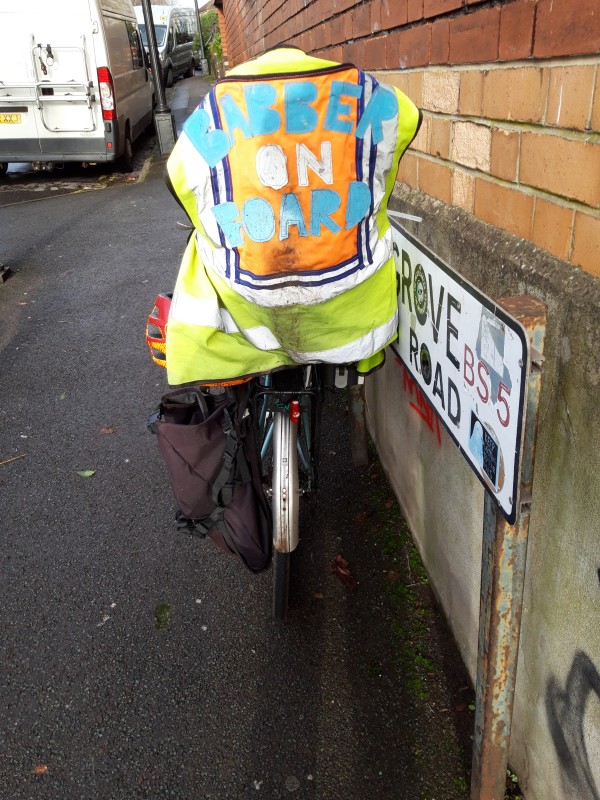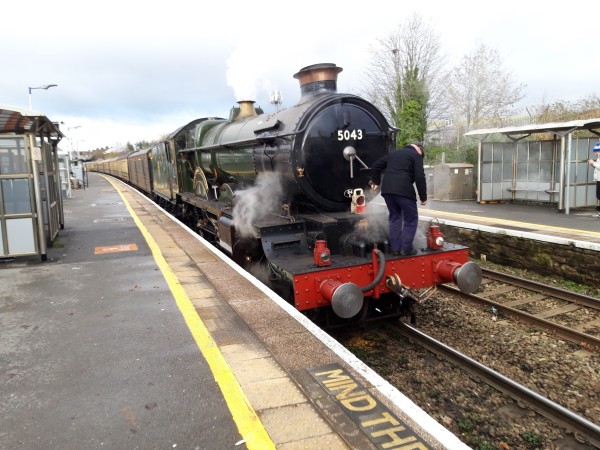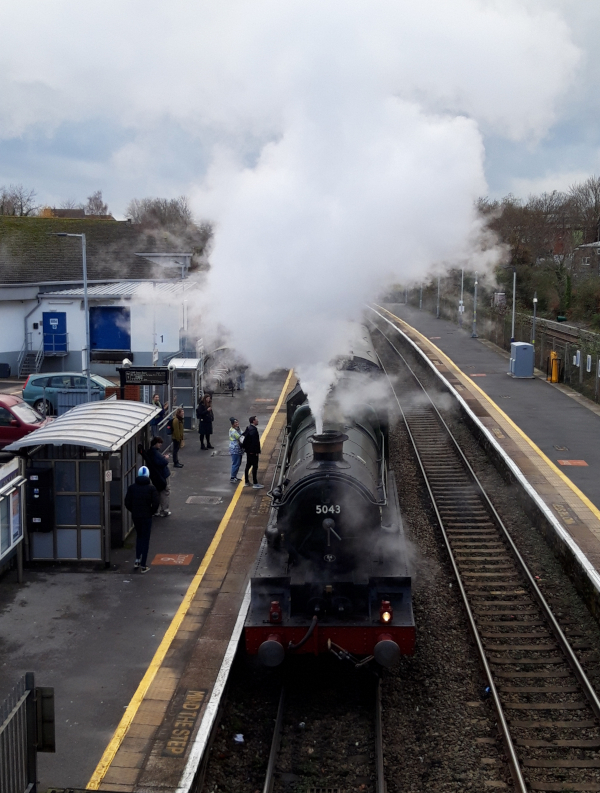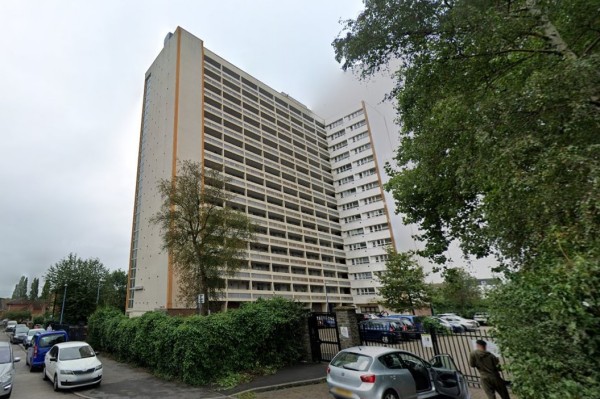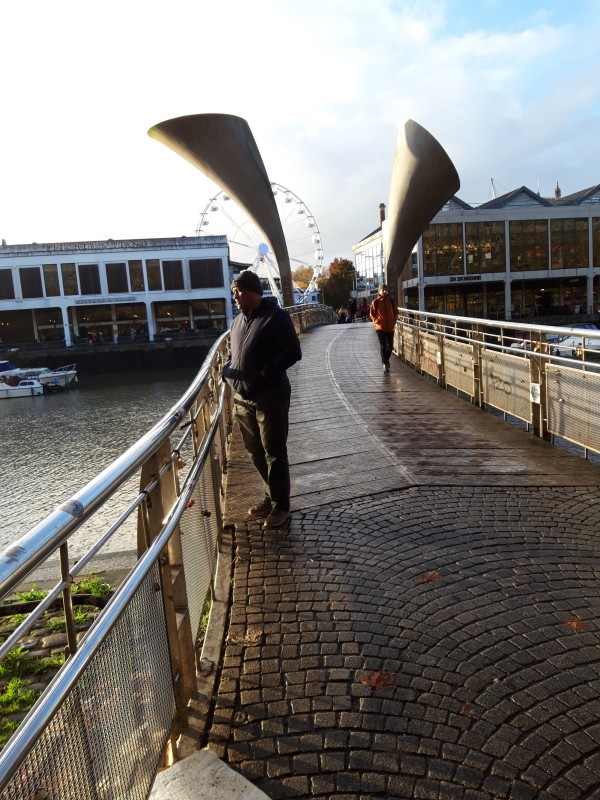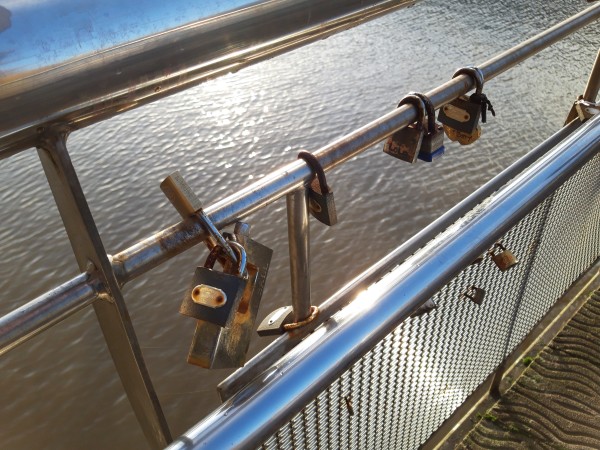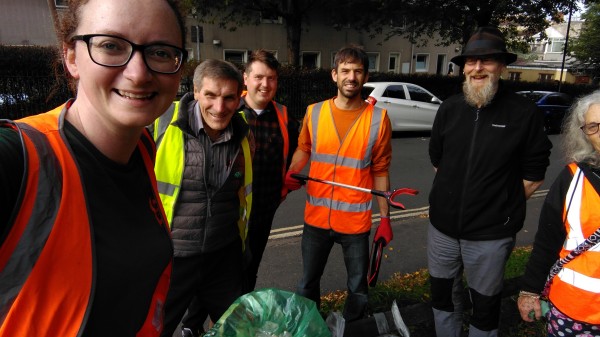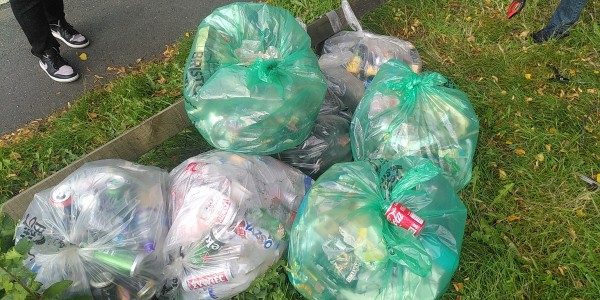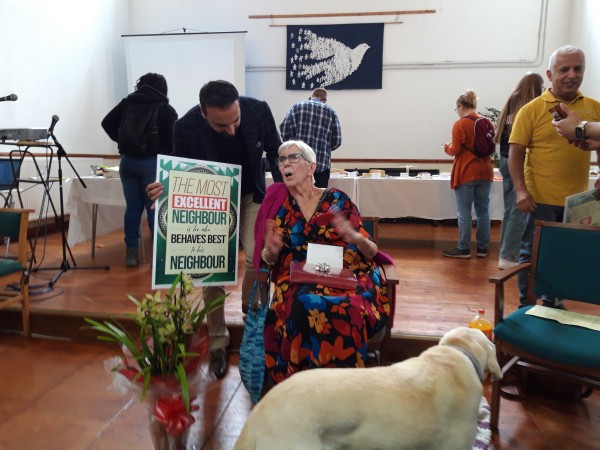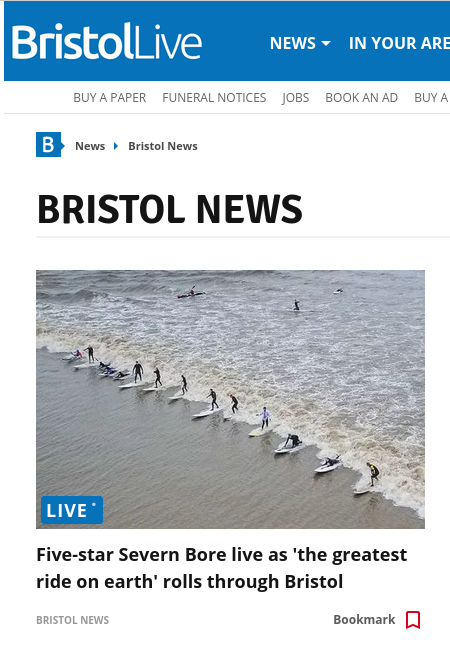Hey Boss! I’ve found a Huge typo!
In the general torpor that obtains around this time of year, the proofreader at the Temple Way Ministry of Truth, otherwise know as the Bristol (Evening) Post/Bristol Live (a Retch plc publication. Ed.) has been caught in flagrante delicto asleep at his/her desk.
Today the Bristol (Evening) Post/Bristol Live published a piece on its website of great interest to price-conscious followers of fashion that would enable them to save hundreds of pounds, as per the screenshot below.

I’ve never heard of Huge Boss myself, but the paper’s author Emma Grimshaw clearly has as the name appears not just in the headline, but in the copy itself.
Primark fans are rushing to buy the chain’s ‘retro’ black dress. The £12 item also looks very similar to a Huge Boss outfit, but costs a fraction of the price.
Your ‘umble scribe has, however, heard of Hugo Boss AG of Metzingen, Germany which like its rival Huge Boss as per the Post/Bristol Live also sells ‘luxury‘, i.e. overpriced, clothing and fashion accessories.
In the world of intellectual/imaginary property, Huge Boss’ behaviour is known as passing off, i.e. misrepresenting the goodwill of an established company.
If the Bristol (Evening) Post/Bristol Live ever gets round to reporting the trade mark dispute between Hugo Boss AG and Huge Boss, your ‘umble scribe hopes it employs someone who knows how to proofread copy to do the job!. 😀
